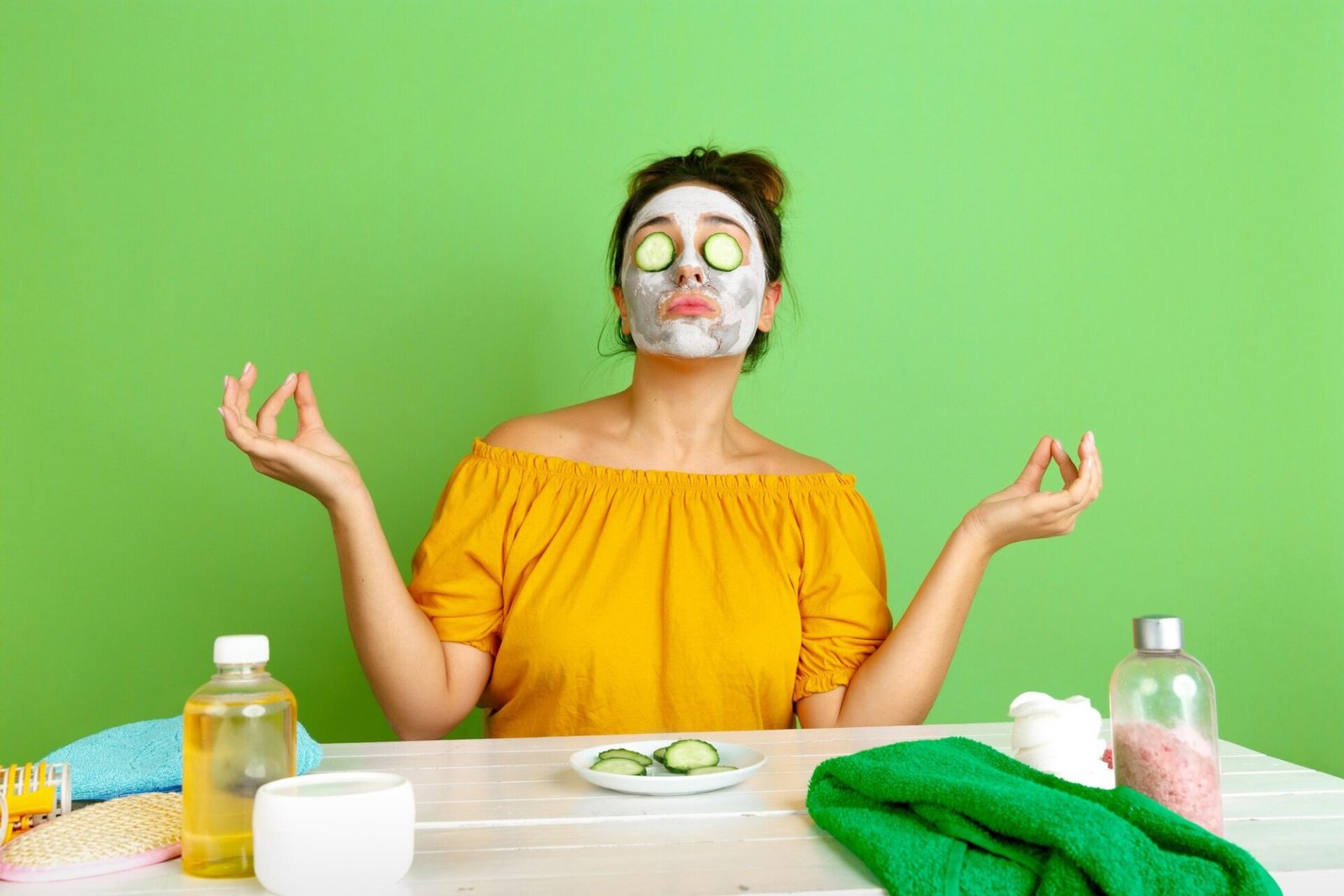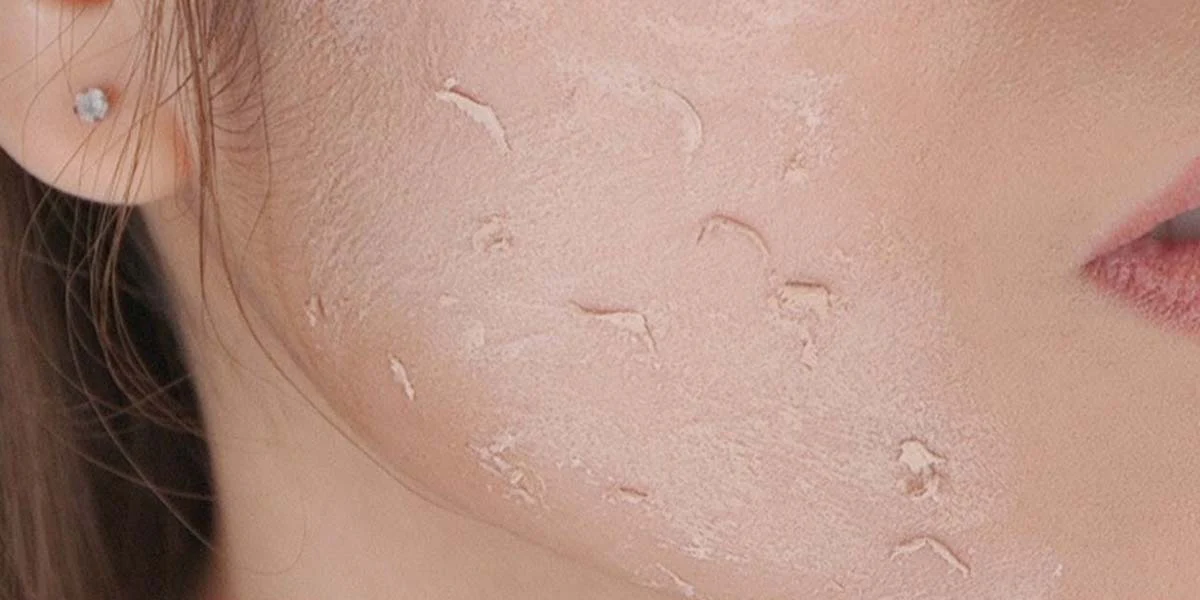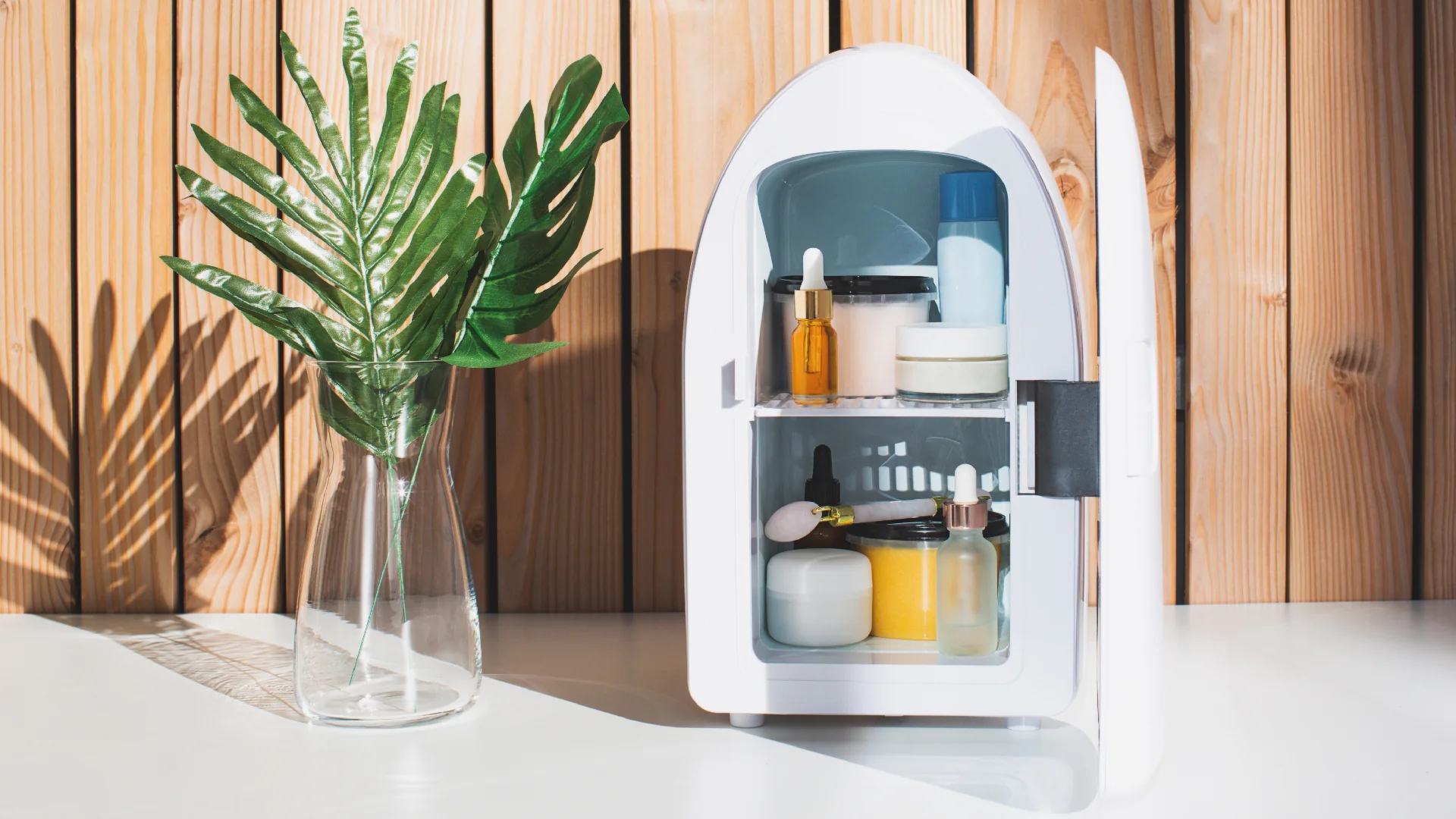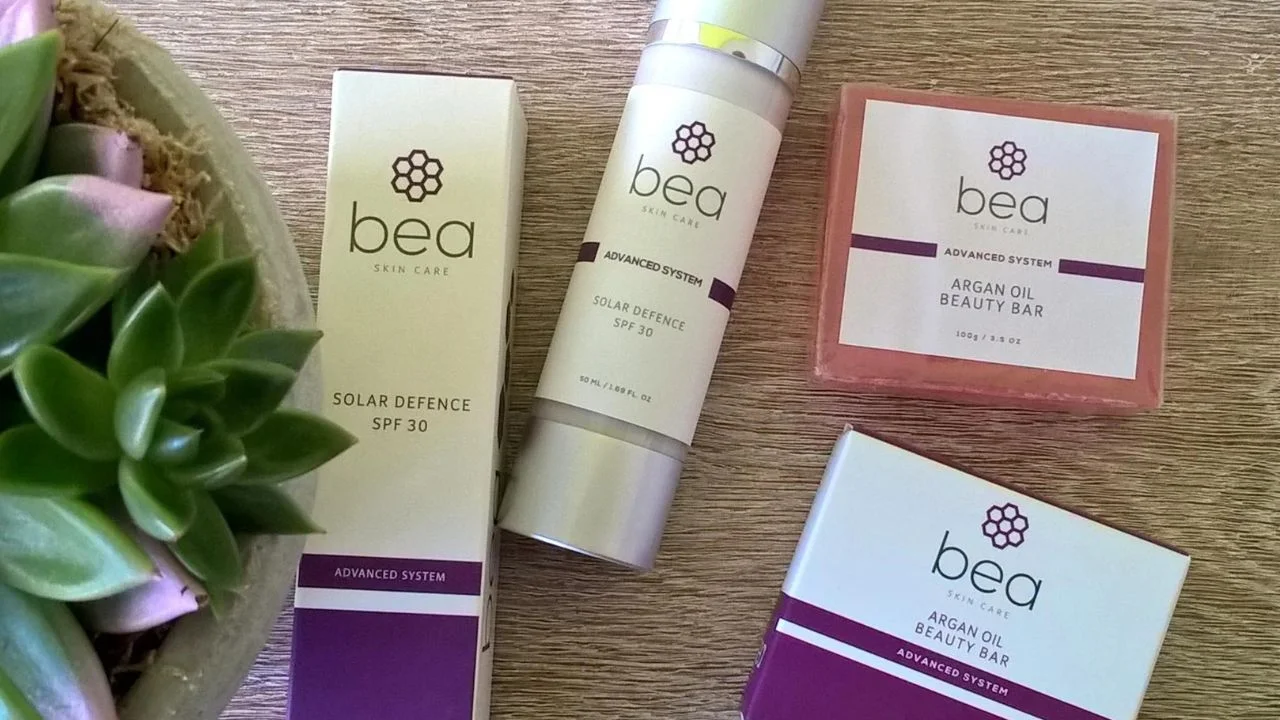Taking care of your skin is important. It’s not just about looking good, it’s about feeling good too. Healthy skin boosts your confidence and makes you feel fresh.
Skin care has become a part of our daily routine for a reason. It helps us deal with everything from the sun to stress.
So, if you want clear, glowing skin, this is the place for you!
Skin Care Tips for Everyone
Let’s break down the basics. These are simple steps that anyone can follow.
→ Cleanse Your Skin Regularly
Cleansing is a must. It gets rid of dirt, oil, and makeup. No matter your skin type, use the right cleanser. Gel based for oily skin, cream based for dry skin, and a gentle foam cleanser if you’re somewhere in between.
→ Moisturize
Moisturizing locks in hydration. Even if you have oily skin, you still need it. Go for a lightweight, oil free moisturizer if you’re oily. If you’re dry, pick a rich, creamy one. Your skin will thank you.
→ Wear Sunscreen
Sunscreen is non negotiable. Protect your skin from UV damage, premature aging, and even skin cancer. Apply it every day, no matter the weather. Make it part of your routine.
Quick Tip: Cleanse, moisturize, and always wear sunscreen. Simple, but effective!
Skin Care Tips for Specific Groups
Now, let’s get into skin care for different needs.
→ For Glowing Skin
If you want glowing skin, hydrate and use Vitamin C. It brightens your skin and keeps it youthful. Hyaluronic acid is also great for keeping things plump and fresh. Eat healthy too berries, nuts, and avocado are all great for skin.
Glow Tip: Add Vitamin C and a hydrating serum to your routine. Your skin will love it.
→ For Men
Skin care doesn’t have to be complicated. Cleanse to remove dirt and oil. Use a post-shave balm to calm your skin. And of course, don’t forget sunscreen. It helps prevent damage and keeps your skin healthy.
→ For Women
For women, skin care can include a bit more. Retinol is great for anti-aging, and eye creams help with puffiness. Exfoliate 2-3 times a week to keep your skin smooth and fresh. Moisturize and protect with sunscreen, always.
→ For Winter
Winter dries out skin. Switch to a thicker moisturizer to keep your skin hydrated. A humidifier helps too. Don’t forget your hands and lips keep them moisturized. Avoid hot showers; they dry out your skin even more.
→ For Teenage Girls
Teenage skin can be tricky, especially with breakouts. Keep it simple: use a gentle cleanser, moisturize, and take makeup off at night. Don’t overdo it with harsh products. They can make things worse. Keep it gentle and consistent.
Lifestyle Changes for Healthy Skin
Eating right isn’t just good for your body. It’s important for your skin too. A diet full of skin-friendly foods like fruits, vegetables, healthy fats (like avocado), and protein-rich foods (like salmon) can make a big difference. Hydration is key, too! Drinking enough water keeps your skin plump and glowing, while cutting back on sugar and processed foods can help keep skin clear.
Looking to start your skincare routine for travel? Be sure to read about how to pack skincare for travel to keep your skin in top shape wherever you go.
→ Healthy Eating for Healthy Skin
What you eat affects how your skin looks. Fill your plate with fruits, vegetables, and healthy fats think avocado, nuts, and fish like salmon. These foods help keep your skin nourished and glowing. Cut down on sugar and processed foods they can cause breakouts and make your skin look dull. Drink water! It’s simple but effective for hydrated, plump skin.
A good diet not only keeps your body in shape but also gives your skin the vitamins and minerals it needs to stay healthy.
→ Stay Hydrated
Hydration isn’t just for your body. It’s for your skin too. Drinking enough water keeps your skin from looking dry or tired. It helps flush out toxins and keeps your skin soft. Herbal teas or water with a splash of lemon can make it more interesting if plain water isn’t your thing.
The more water you drink, the better your skin will look and feel.
→ Exercise for Skin Health
Exercise isn’t just about fitness; it’s about your skin too. When you work out, your blood flows better, delivering nutrients to your skin cells. This gives your skin that healthy, post-workout glow. Plus, exercise helps reduce stress, which is key for clear skin.
Regular workouts mean better blood flow and a healthier complexion.
→ Sleep and Skin
Good sleep is essential for your skin. When you sleep, your body repairs and regenerates cells, including skin cells. This helps you wake up with fresh, radiant skin. Without enough sleep, your skin can look dull and tired. Aim for 7-9 hours of quality sleep every night to give your skin the chance to repair.
The more sleep you get, the better your skin looks.
→ Reduce Stress
Stress can take a toll on your skin. It can lead to breakouts, dryness, and even premature aging. The key is managing stress. Find what works for you. Whether it’s yoga, journaling, or just taking some quiet time. The less stressed you are, the clearer your skin will be.
A little downtime can go a long way for your skin.
Quick Tip: Feed your skin with good food, hydrate often, and move your body. Sleep well and manage stress. It’s the secret to healthy, glowing skin.
Common Skin Problems and How to Handle Them
Struggling with acne? The best way to tackle it is with a consistent skincare routine of gentle cleansing, non comedogenic products, and regular exfoliation. But don’t pop pimples! This only leads to scarring and more breakouts.
If you’re looking for products with SPF to help protect against acne causing UV rays, read more about Bea Skincare SPF is worth it for your routine. It’s a great option if you want sun protection with minimal irritation.
→ Acne Prevention
Keep your routine simple. Cleanse gently, use non comedogenic products (meaning they won’t clog pores), and exfoliate regularly. Don’t pick at pimples. It leads to scarring. Stick to your routine, and be patient. Acne won’t disappear overnight.
→ Dry Skin
Dry skin? Use a thick moisturizer. Avoid hot showers. They dry out your skin. Add a hydrating serum or oil to lock in moisture. A humidifier in your room helps, especially in winter.
→ Sensitive Skin
Sensitive skin needs gentle care. Avoid strong fragrances and harsh chemicals. Stick to fragrance-free products and always patch-test new items. If something irritates your skin, stop using it.
→ Hyperpigmentation & Scarring
If you have dark spots, Vitamin C is your friend. Niacinamide and retinol help, too. These ingredients even out your skin tone and fade scars. Stay consistent and patient these things take time.
Quick Tip for Acne: Don’t pick at your pimples! Stick to gentle products, and give them time to heal. Picking will only make it worse.
Quick Fixes and DIY Skin Care
Try DIY face masks like honey and yogurt for hydration or oatmeal for soothing. Aloe vera also works wonders for skin healing, especially if your skin has been exposed to the sun.
→ DIY Face Masks
DIY face masks are easy and effective. Try honey and yogurt for hydration, or oatmeal for calming irritated skin. They’re natural and work wonders without harsh chemicals.
→ Aloe Vera for Skin Healing
Aloe vera is amazing for soothing irritated skin. Whether you have a sunburn or dry patches, aloe works quickly to calm things down. Just break off a leaf, scoop out the gel, and apply it to your skin.
→ Rose Water Toner
Rose water makes a great natural toner. It calms redness, balances your skin, and refreshes it. Use it before moisturizing for extra hydration.
→ Cold Compress for Puffy Eyes
Puffy eyes? A cold compress helps reduce the swelling. Put some tea bags in the fridge, then press them over your eyes. It’s a quick fix for tired eyes.
Quick DIY Tip: Fresh aloe vera is a game changer. Just apply the gel straight from the plant to irritated skin. It’s soothing and helps it heal faster.
Skin Care Mistakes to Avoid
Taking care of your skin is easy once you know what to do, but there are a few mistakes you want to avoid. These can derail your routine and even cause more harm than good.
→ Don’t Skip Sunscreen
This is a big one. Sunscreen should be part of your routine every day, no exceptions. It protects your skin from UV damage, prevents premature aging, and lowers the risk of skin cancer. Even on cloudy days or when you’re indoors apply sunscreen. Your skin will thank you in the long run.
→ Avoid Harsh Exfoliation
Exfoliating is great for removing dead skin, but doing it too often can harm your skin’s protective barrier. Stick to exfoliating 2-3 times a week, and only use products suited for your skin type. Over-exfoliating can cause irritation and lead to dryness.
→ Don’t Sleep in Makeup
This one is simple but crucial. Never, ever sleep in your makeup. It can clog your pores, leading to breakouts and dull skin. Just five extra minutes to cleanse at night makes a huge difference in keeping your skin clear and healthy.
What to Look for in Skin Care Products
Choosing the right products can feel overwhelming with all the options out there. Here’s how to make sure you’re picking the best for your skin.
→ Read the Labels
When you’re shopping, take a minute to read the label. Look for products that suit your skin type whether it’s oily, dry, or sensitive. Pay attention to the active ingredients and make sure they match your skin’s needs. For example, if you’re targeting acne, salicylic acid is your friend, while hyaluronic acid is great for hydration.
→ Avoid Harmful Chemicals
Watch out for ingredients like parabens, sulfates, and phthalates. These chemicals can irritate the skin and even disrupt hormones. Stick to products with natural ingredients or those that are dermatologist-tested and hypoallergenic. The fewer chemicals, the better.
→ Go Cruelty-Free and Eco-Friendly
If possible, opt for cruelty free and eco friendly brands. These products aren’t tested on animals and often use sustainable packaging. It’s a small choice, but one that makes a big difference for your skin and the planet.
When to Consult a Dermatologist
While taking care of your skin at home is essential, there are times when you’ll need professional advice. Here’s when to consult a dermatologist:
→ Persistent Acne
If you’ve tried everything different products, changes in diet, lifestyle adjustments and acne still won’t budge, it’s time to get help. A dermatologist can recommend treatments like oral medication or stronger topical treatments.
→ Severe Irritation
If you’re dealing with irritation, redness, or burning that doesn’t go away, a dermatologist can help determine if there’s an underlying skin condition like eczema, rosacea, or an allergy.
→ Changes in Skin
If you notice any unusual skin changes, like a new mole, uneven pigmentation, or growths that change shape or color, don’t wait. A dermatologist can assess whether it’s something benign or more serious, like skin cancer.
→ Professional Treatments
A dermatologist can offer treatments you can’t get at home, such as chemical peels, laser therapy, or Botox. These can address more stubborn issues like deep wrinkles, hyperpigmentation, or scarring that might not respond to over-the-counter products.
In short, if something doesn’t feel right or your skin isn’t improving, a professional’s advice is worth it. Taking care of your skin is a long term investment, and sometimes, you need an expert to guide the way.
Take Care of Your Skin, Love Yourself
Skin care is not just about the products you use, but about how you care for yourself. It’s about creating a routine that fits your needs and sticking with it. Healthy skin comes from consistency those little steps you take every day make all the difference.
Remember, glowing skin is a reflection of self-love and well-being. So take the time to nourish your skin, and you’ll see the benefits shine through.
Frequently Asked Questions (FAQs)
1. How do I know my skin type?
Wash your face, wait an hour, and observe. Dry skin feels tight, oily skin looks shiny, and combination skin is a mix of both. Normal skin feels balanced.
2. Can stress really affect my skin?
Yes, stress triggers hormones that increase oil production, leading to acne and dull skin. Managing stress can help keep your skin clear.
3. Should I use different products for day and night?
Yes, use sunscreen and antioxidants during the day, and focus on hydration and repair at night with ingredients like retinol.
4. How long does it take to see results from my skincare routine?
It takes about 4 to 6 weeks to see noticeable results, as skin renewal takes time. Be patient and stick to your routine.
5. Can I use different brands of skincare products together?
Yes, but make sure the products complement each other. Avoid mixing too many active ingredients that might irritate your skin.
6. Is it necessary to exfoliate every day?
No, exfoliate 2-3 times a week to avoid irritating your skin. Over-exfoliating can damage your skin’s barrier.
7. Can I use oils if I have oily skin?
Yes, non-comedogenic oils like jojoba or squalane can balance oil production without clogging pores.
8. How do I treat dark circles under my eyes?
Use an eye cream with caffeine or peptides, get enough sleep, and stay hydrated. A cold compress can help reduce puffiness.
9. Can drinking more water improve my skin?
Yes, staying hydrated helps keep your skin moisturized, flushes toxins, and supports a healthy glow.
10. Do I need to change my skincare routine in the winter?
Yes, switch to a thicker moisturizer and use a humidifier to prevent dryness in the cold months.
11. Is there a natural way to reduce acne scars?
Ingredients like Vitamin C and niacinamide help fade scars over time. Be consistent with your skincare routine.
12. Should I follow the same routine in my 30s, 40s, and beyond?
As you age, your skin needs change. Add anti-aging ingredients like retinol and hyaluronic acid as your skin matures.









